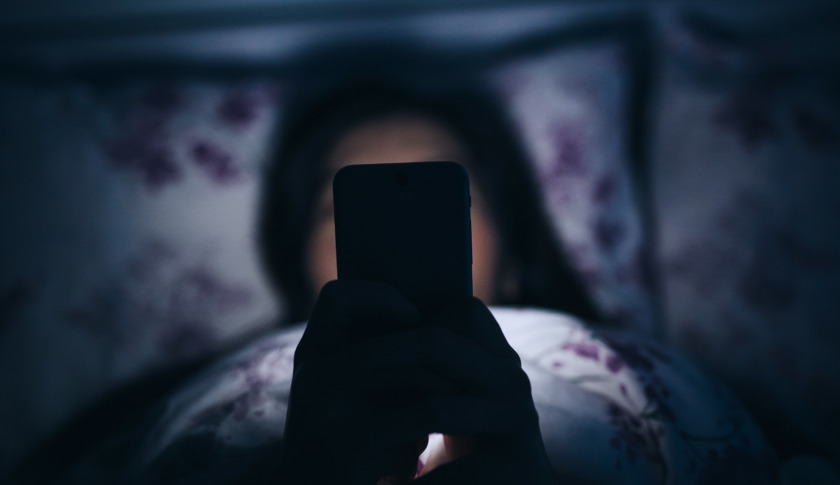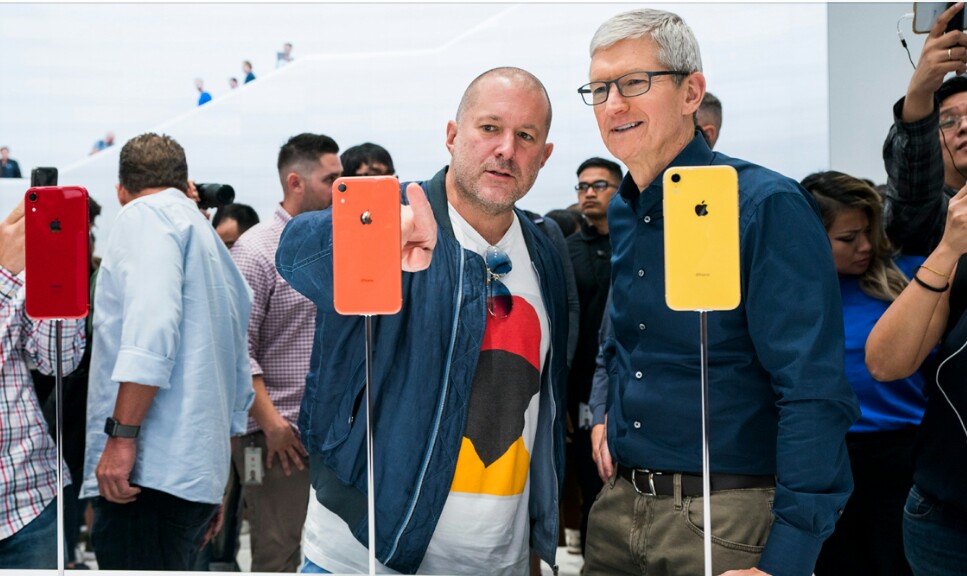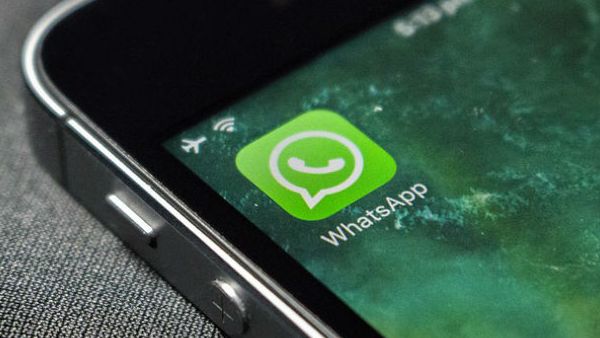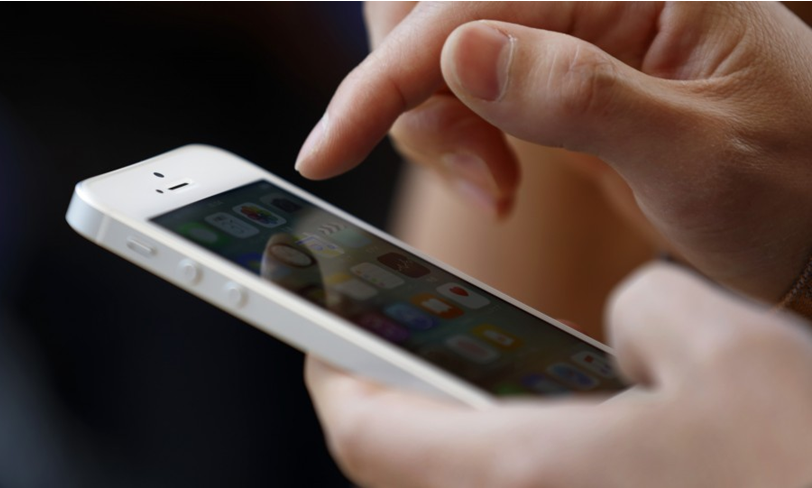A new Coronavirus disease (COVID-19) exposure notifications tool has appeared on smartphones without users having to personally install it.
TheNewsGuru.com (TNG) reports the new COVID-19 exposure notifications tool showed up on the settings of both iOS and Android smartphones as part of an update of the operating systems.
The update released by Google and Apple on Friday caused some confusion, with people querying the new addition to their handsets on social media.
On iPhones, the new COVID-19 exposure notifications tool is located in settings, via the privacy menu and then the health section.
On Android phones, the new tool is located in the Google section of the Settings menu of your smartphone, where you will find ‘Services & preferences’.
How the new COVID-19 exposure notifications tool works
To help understand whether you have been exposed to someone who reports having COVID-19, you can turn on Exposure Notifications, but if you change your mind, you can turn it off as well.
To use the tool, you would be required to download a public health authority’s app. If you have COVID-19, you share that info with the app to help alert the people you have been in contact with.
If you have been exposed to someone who has shared they have COVID-19, the app will notify you and give you further instructions.
After downloading the public health authority’s app, turn on your phone’s Bluetooth, and also turn on your phone’s Location setting. The tool uses this to scan for Bluetooth signals. It does not collect or track your location.
When you turn on Exposure Notifications within an app from the public health authority, your phone shares random IDs with other nearby phones that also have turned on the Exposure Notifications tool.
Throughout the day, your phone and the phones around you exchange random IDs. When your phone detects a random ID from another device, it records and stores the ID.
If someone reports having COVID-19 and their ID is stored on your phone, the app will notify you of next steps to take.
If the app learns that you have come in contact with someone who reports themselves as having COVID-19, the system shares with the app the day the contact happened, how long the contact lasted, and the Bluetooth signal strength of that contact.
If you have COVID-19, in the public health app, you may report yourself as having COVID-19. The app may ask you to share your random IDs. This helps the public health authority to notify others.
The app may then check if your random IDs are stored on other people’s devices. It may alert others who came in contact with you. Those other people won’t know your identity. You decide if and when to share your data.
All of the Exposure Notification matching happens on your device, which means only you and your app know if you report having COVID-19 or been exposed to someone who has reported having COVID-19.
Your identity is never shared with other users, Apple, or Google.
When you download a public health authority app, you can opt in to use Exposure Notifications.
If you have COVID-19, you can choose to share your random IDs with the app. To help prevent tracking, your phone’s random ID changes every 10-20 minutes. Your phone only stores random IDs from the last 14 days.
The public health authority app is not allowed to use your phone’s location or track your location in the background. Only official public health authority apps can use the system.
You can turn off Exposure Notifications in your Android phone’s Settings, or uninstall the public health app.
Important: By turning off this feature, you won’t be notified if you’ve been exposed to COVID-19.
You can delete the random IDs stored on your device before they are automatically deleted after 14 days. You can’t delete your random IDs that are stored on other people’s devices or that you shared with an app.
Important: By deleting this data, you won’t be notified if you have been exposed to COVID-19.



